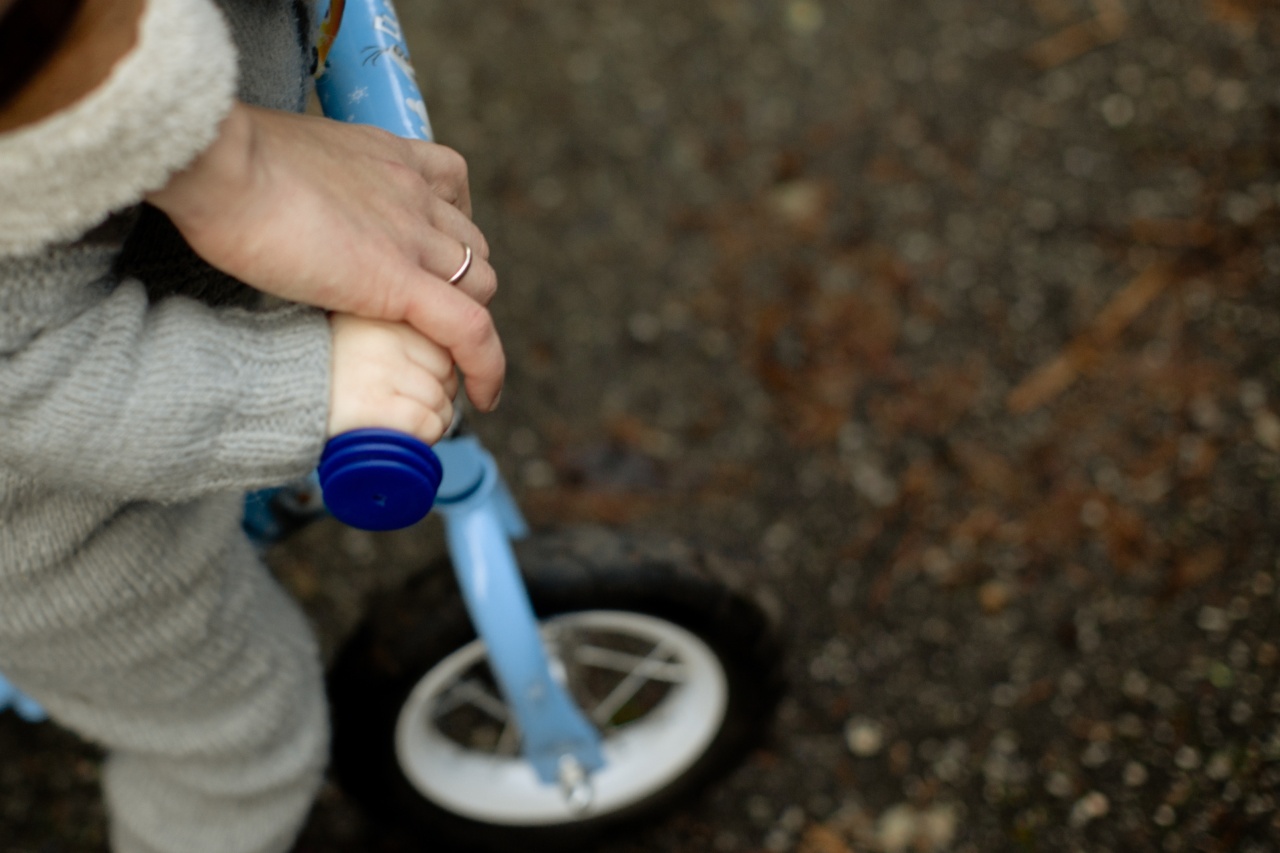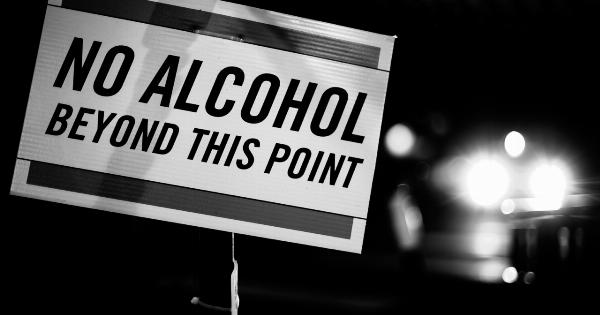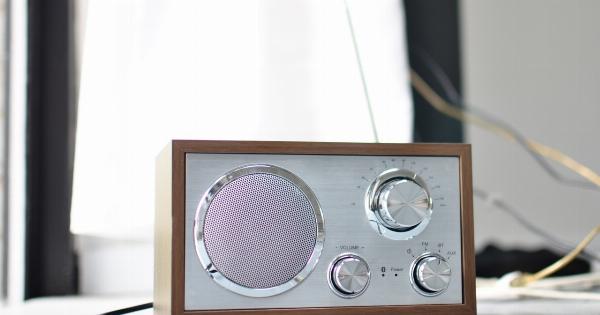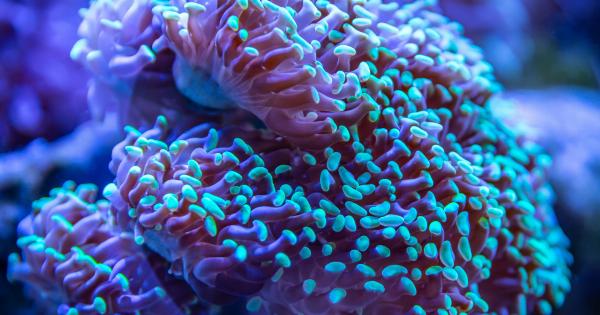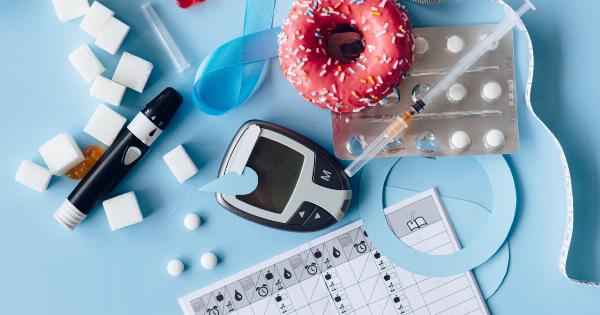Parents play a crucial role in ensuring the safety of their children, especially when it comes to managing food allergies. Peanut allergies, in particular, can be life-threatening, requiring parents to be vigilant in protecting their little ones.
This article will discuss ten effective ways to protect your child from peanuts, minimizing the risk of an allergic reaction and promoting a healthy and worry-free lifestyle.
Educate Yourself and Others around You
Knowledge is power, especially when it comes to food allergies. Take the time to educate yourself about peanut allergies – their causes, symptoms, and potential risks.
Understand how to read food labels for hidden sources of peanuts and familiarize yourself with common names or derivatives of peanuts used in processed foods. Equally important is educating your family, friends, and school staff on peanut allergies and the necessary precautions to take.
Inform Your Child’s School and Caregivers
If your child has a peanut allergy, it is crucial to inform their school and caregivers about it.
Meet with the school administrators, teachers, and staff to discuss your child’s specific needs and devise an action plan in case of an allergic reaction. Make sure they are aware of the signs and symptoms of an allergic reaction and provide them with an emergency action plan and the necessary medication, such as an epinephrine auto-injector.
Create a Peanut-Free Zone at Home
Avoiding peanuts at home is essential to protect your child from accidental exposure. Create a peanut-free zone by making your home a safe environment for your child. Clean all surfaces, utensils, and dishes thoroughly to remove any peanut residue.
Establish strict rules for family members and visitors, requesting them to refrain from bringing peanuts or peanut-containing products into the house. This will help reduce the risk of cross-contamination and accidental exposure.
Teach Your Child About Their Allergy
As soon as your child is old enough to understand, start teaching them about their peanut allergy. Explain to them what peanuts are, how they can be harmful to them, and the importance of avoiding them.
Teach them how to identify peanuts, read food labels, and ask questions about ingredients when unsure. Engage with your child’s curiosity and empower them to be responsible for their own safety.
Show Your Child How to Read Food Labels
Reading food labels is crucial for managing peanut allergies. Teach your child how to read and understand food labels effectively.
Make them aware that peanuts can be hidden under various names or listed as additives, such as peanut oil, groundnuts, or even in unexpected products like salad dressings or sauces. Encourage your child to always check for allergen labeling or advisory statements related to peanuts.
Pack Safe Snacks and Meals
When your child has a peanut allergy, it is important to pack safe snacks and meals for outings, school days, or social events. By preparing their food at home, you can ensure that it is 100% peanut-free.
Include a variety of snacks your child enjoys and focus on providing a balanced and nutritious diet. This not only reduces the risk of accidental exposure but also promotes a healthy lifestyle.
Teach Your Child to Be Vocal
Encourage your child to speak up about their peanut allergy. Teach them to confidently inform others about their dietary restrictions, even if it may feel uncomfortable at times.
Whether it is at a friend’s house, a birthday party, or a restaurant, ensure your child knows how to advocate for their safety. Teach them to politely ask about ingredients or cross-contamination risks, and empower them to say “no” to foods they are unsure about.
Encourage Handwashing
Regular handwashing is a simple yet effective strategy to prevent accidental exposure to peanuts. Train your child to wash their hands thoroughly before and after meals, especially in situations where peanuts may be present.
Reinforce the importance of using soap and warm water and ensure they understand that hand sanitizers should not be used as a substitute for proper handwashing.
Stay Informed about Research and Development
Stay updated with the latest research and development in the field of peanut allergies. Science and technology often bring new advancements and potential treatments.
By keeping abreast of the latest information, you can make informed decisions about your child’s safety and well-being. Consult with your child’s allergist regularly to discuss any new therapies or potential breakthroughs.
Create a Support Network
Lastly, but importantly, create a support network to navigate the challenges that come with managing a child’s peanut allergy. Connect with other parents in similar situations, either through local support groups or online communities.
Share experiences, seek advice, and find solace in the knowledge that you are not alone. A strong support network can provide emotional support and practical insights to help you protect your child better.
